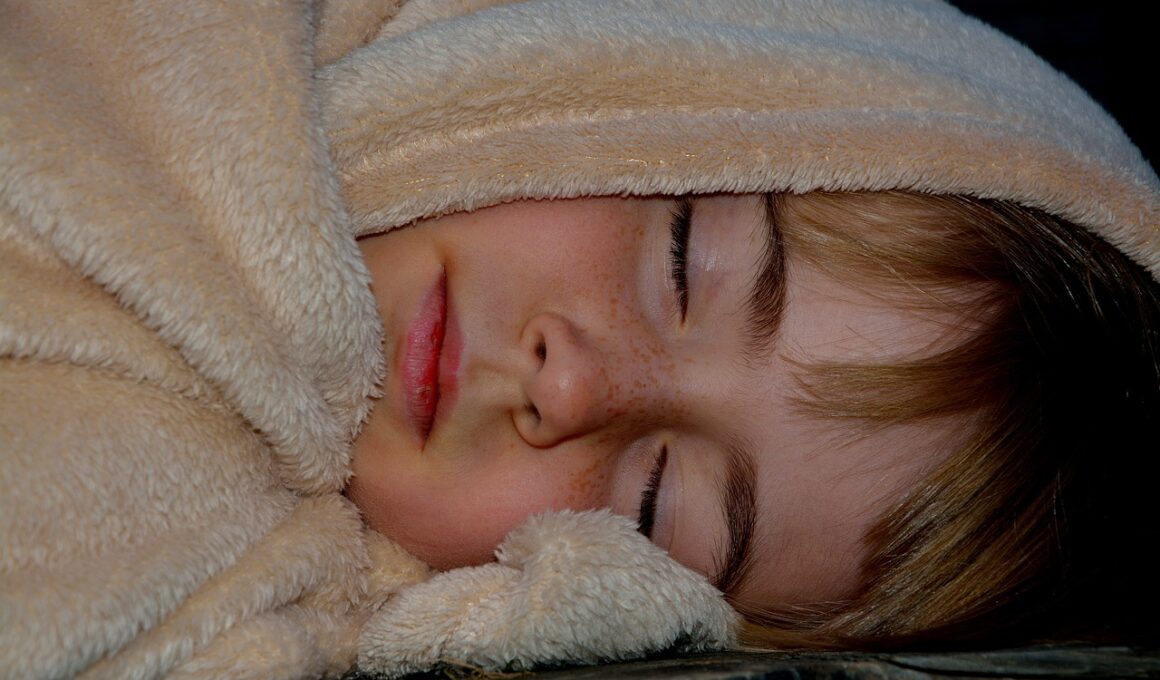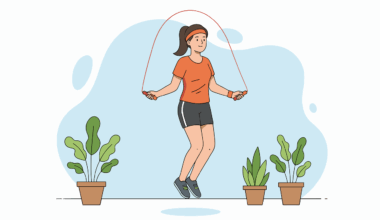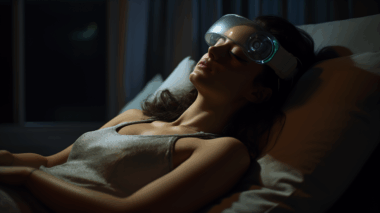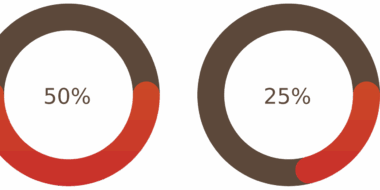The Future of Sleep Tech: Innovations to Look Out For
As we enter a new era of technology, the realm of sleep improvement is rapidly evolving. Innovative devices are being developed to enhance the quality of our rest. Some of these technologies are designed to monitor sleep patterns closely, allowing individuals to understand their sleep cycles better. Wearable gadgets that track sleep data, such as smartwatches, play a pivotal role in understanding how various factors influence our rest. With data analytics and machine learning, these devices can provide personalized feedback to users. This helps in establishing effective sleep hygiene routines. Additionally, applications on smartphones are also geared towards creating a better sleep environment. They can play soothing sounds, guide meditation sessions, or even regulate room temperature. This combination of hardware and software integration marks a significant step towards optimizing sleep quality. By focusing on data-driven insights, users can make informed decisions about their sleep habits. The future of sleep technology seems promising, aiming to enhance the overall wellness of individuals by ensuring they get the restorative sleep they need. Sleep tech is not just a trend; it’s a necessity for better health.
The integration of smart technology into sleep settings offers substantial benefits for individuals struggling with sleep issues. Smart mattresses now embrace advanced features that respond to individual comfort preferences by adjusting firmness and temperature throughout the night. These mattresses can collect data on sleep quality, providing insights that assist users in improving their sleep hygiene. Additionally, smart sleep masks are gaining popularity as they block out light while delivering gentle sounds to aid relaxation. Such devices help users fall asleep faster and enjoy uninterrupted sleep cycles. Furthermore, sleep headphones designed for comfort during the night allow listeners to enjoy soothing music or sounds without waking themselves or their partners. This simple yet profound technology can transform the sleep experience drastically. Moreover, bed sensors monitor movements and breathing patterns to evaluate sleep quality. This information can be shared with medical professionals to devise personalized treatment plans for sleep disorders. With the advancements in IoT (Internet of Things), the interplay of various smart devices ensures a holistic approach to sleep improvement, fostering restful nights. Technological innovations in sleep are set to revolutionize our nighttime routines.
AI-Driven Solutions for Better Sleep
Artificial Intelligence (AI) is taking sleep technology to the next level. AI-enabled applications analyze patterns from user history to offer tailored advice and solutions for improved sleep quality. By studying when and how often users wake up, these applications can provide feedback on optimizing bedtime routines and sleep environments. For instance, some AI systems suggest changes to light exposure or recommend specific times for winding down. Moreover, AI chatbots can provide immediate support and resources for individuals dealing with insomnia, delivering personalized coping strategies. Additionally, sleep therapy options are increasingly becoming accessible through AI platforms. They offer cognitive behavioral therapy to users without requiring them to leave their homes. The potential for AI to enhance sleep experiences is extraordinary as it never tires of learning from new data. AI is not just a tool; it’s an active participant in improving sleep quality. As this technology becomes widely adopted, individuals can take proactive measures to combat sleep disturbances. All this contributes elegantly to pioneering effective and lasting sleep solutions for countless users globally.
Another exciting development in the world of sleep technology involves light therapy solutions. Exposure to certain light frequencies can significantly impact the body’s circadian rhythms, which dictate sleep-wake cycles. Smart bulbs and light systems are emerging that mimic natural daylight, which helps to regulate melatonin production effectively. By controlling light exposure, users can experience improved moods and sleep quality at night. For instance, during the morning hours, these systems can gradually brighten to mimic sunrise, helping users wake more naturally. In contrast, evening settings could provide dim, warm tones to promote relaxation and signal bedtime. This innovative approach to light management not only enhances sleep but also improves well-being for users. Moreover, smart shades that adjust during specific times can complement these light therapies perfectly. Together, these technologies create a more conducive environment for restorative sleep. As innovations in sleep tech continue evolving, such devices are likely to become standard in households around the globe. Adopting light therapy can make a real difference in how fast individuals can fall asleep and how refreshed they feel upon waking.
Connecting Sleep Tech with Overall Wellness
Innovations in sleep technology are increasingly connecting with overall health and wellness trends. Greater awareness of how sleep affects physical and mental health has driven the demand for effective solutions. As such, health apps that guide users to holistic wellness are now incorporating sleep-monitoring features. This integration encourages individuals to embrace a more comprehensive approach towards health. Users are now able to track various elements such as diet, exercise, and mood, all while maintaining a focus on sleep quality. This multidimensional analysis enables users to identify patterns and make adjustments needed to improve their overall well-being. Partnerships between fitness and sleep technology are also becoming common; wearables designed for fitness tracking are now equipped with sleep capabilities. This provides users who engage in physical activity greater insights into their recovery phases during rest. For anyone interested in achieving optimal health, recognizing the interrelation between sleep and wellness is essential. Therefore, future advancements are expected to provide integrated solutions that offer a seamless experience while overcoming the challenges of maintaining a healthy lifestyle. The future is undoubtedly bright for sleep-tracking technology.
In addition to wearables and apps, advancements are also seen in the science of sleep itself. Researchers are leveraging technology to explore the nuances of sleep and its correlation with various health parameters. This research might soon lead to breakthrough findings about sleep-related disorders and their treatments. Neurotechnology is paving the way for monitoring brain activity during sleep, helping researchers understand sleep stages better. By utilizing devices that measure brainwaves, scientists can delve deeper into the complexities of sleep disorders such as sleep apnea or chronic insomnia. This information is invaluable for developing targeted interventions that are personalized for patients. Furthermore, universities and research institutions are increasingly collaborating with tech companies to bring these advancements to life. They aim to create practical solutions that effectively address the sleep crisis many individuals face today. This collaboration highlights the importance of combining expertise from diverse fields to tackle complex issues. As we examine the future of sleep technology, merging scientific research with innovative approaches will be crucial. Thus, sleep tech will become an integral part of holistic health strategies going forward.
The Impact of Virtual Reality on Sleep
Another frontier being explored in sleep technology is Virtual Reality (VR). Immersive experiences have shown promise in assisting users to manage anxiety and stress before bedtime. Many individuals struggle to quiet their minds and enjoy restful sleep due to everyday life pressures. VR applications can create calming environments that facilitate relaxation, thus encouraging deeper sleep. Users can find themselves on tranquil beaches or within serene forests as they drift into slumber. These virtual environments can significantly reduce pre-sleep anxiety levels while promoting mindfulness practices. Additionally, some companies are designing VR headsets that help individuals practice guided meditation or yoga for ultimate relaxation. The growing body of research on the effectiveness of VR in sleep improvement suggests that it may serve as an adjunct to traditional sleep therapies. The transformative power of technology might just redefine sleep experiences for countless individuals. By integrating VR into night-time routines, people can find peace in a world of chaos. As technology continues to evolve, VR’s role in enhancing sleep quality is expected to expand further, revolutionizing how we approach the quest for better rest.
In conclusion, the landscape of sleep technology is dynamic and evolving rapidly, promising exciting prospects for enhancing sleep quality and overall health. Innovations ranging from AI to smart devices, as well as VR, are reshaping how individuals approach rest. Each advancement offers unique solutions tailored to individual needs, making it easier for users to combat sleep issues effectively. This is especially important given the increasing prevalence of sleep disorders worldwide. By integrating technology into sleep solutions, individuals can gain deeper insights and take actionable steps toward better rest habits. Moreover, the collaboration among researchers, scientists, and tech innovators will only propel the field forward. As new discoveries emerge, we can anticipate a wealth of innovative products hitting the market. Therefore, staying informed about these advancements can empower consumers to embrace better sleep strategies. The future of sleep tech is bright, paving the way for improved well-being. Embracing these technologies can lead to profound changes in how we experience sleep. With this knowledge, we can actively participate in our journey toward optimal health and restful nights ahead.





